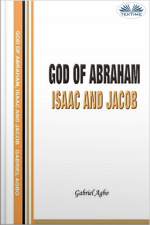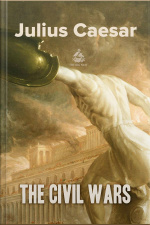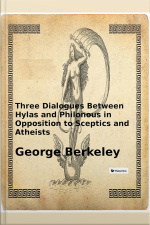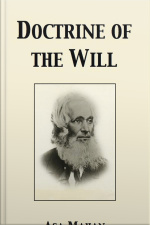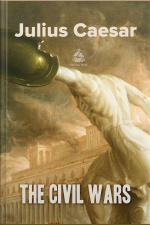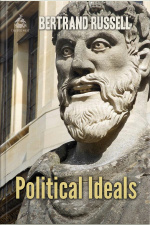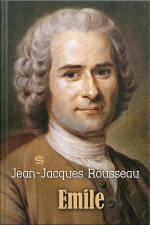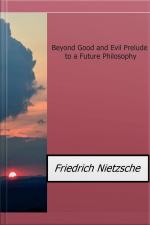God’s covenant promises do not fail. This book is written to help you achieve all God’s promises for your life. It is a careful and elaborate study, with personal testimonies,...
While these things were going forward in Spain, Caius Trebonius, Caesar's lieutenant, who had been left to conduct the assault of Massilia, began to raise a mound, vineae, and...
"Three Dialogues between Hylas and Philonous" is a book written by George Berkeley in 1713.Three important concepts discussed in the Three Dialogues are perceptual...
"THE doctrine of the Will is a cardinal doctrine of theology, as well as of mental philosophy. This doctrine, to say the least, is one of the great central points, from which the...
Caesar, although he was not as yet at open enmity with him, determined neither to aid him by his influence nor openly oppose him on this occasion. But the consuls Lentulus and...
In dark days, men need a clear faith and a well-grounded hope; and as the outcome of these, the calm courage which takes no account of hardships by the way. The times through...
On the Nature of Things is an epic didactic poem aiming to explain Epicurean philosophy to a Roman audience. Lucretius presents the principles of atomism; the nature of the mind...
Emile is a treatise on the nature of education and on the nature of man written by Jean-Jacques Rousseau, who considered it to be the best and most important of all his writings....
"On the Happy Life" is a dialogue written by Seneca the Younger around the year 58 AD. It was intended for his older brother Gallio, to whom Seneca also dedicated...
In Beyond Good and Evil, Nietzsche accuses past philosophers of lacking critical sense and blindly accepting dogmatic premises in their consideration of morality. Specifically, he...
